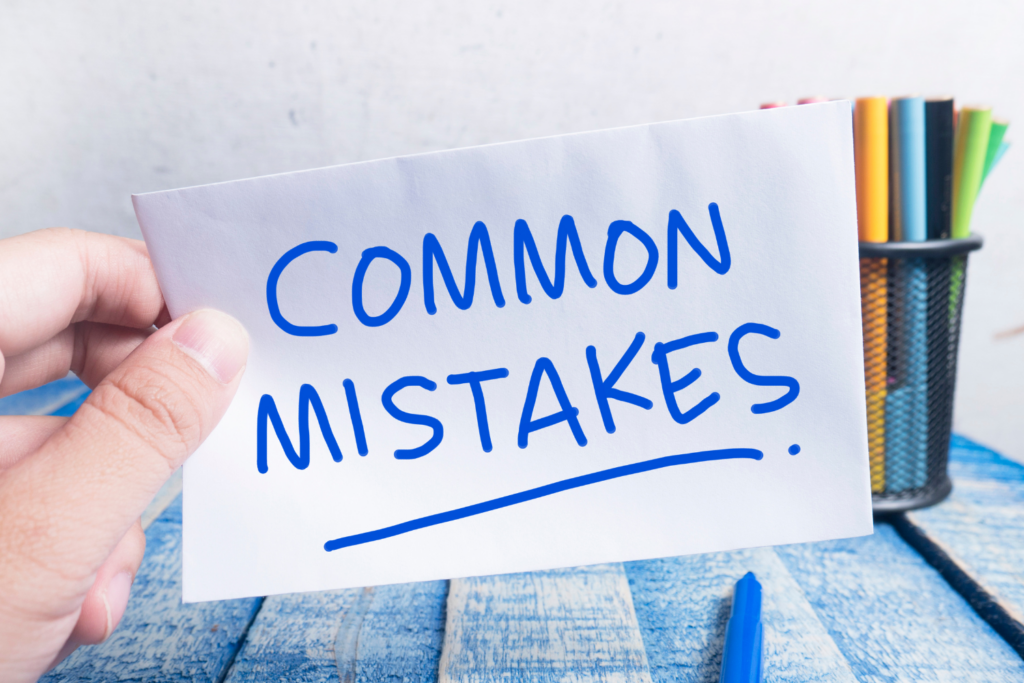In the world of real estate, success often extends beyond the mere act of buying and selling properties. At its core, real estate is about building relationships and creating vibrant communities. Whether you’re a real estate agent, developer, or an investor, fostering a strong community can lead to lasting benefits, increased property values, and satisfied clients. In this blog post, we’ll explore effective strategies for building a good community in real estate and the positive impact it can have on your business and neighborhood.
- Understand the Community’s Needs
The first step to building a great community is understanding what residents desire. Conduct surveys, host focus groups, or simply engage in conversations with locals to gauge their interests and concerns. Are they looking for more green spaces, family-friendly activities, or cultural events? By listening actively, you can align your real estate initiatives with the needs of the community, demonstrating that you care genuinely about their input. - Promote Inclusivity
Diversity and inclusivity are vital components of a thriving community. In real estate, ensure that your developments and services cater to a broad range of demographics, including different socioeconomic backgrounds, family sizes, and lifestyles. Foster an environment where everyone feels welcome and valued, promoting equity in housing access. This not only enhances community spirit but also increases demand for your properties. - Create a Sense of Place
A sense of place is crucial for fostering strong community ties. Design your real estate developments with communal gathering spots, such as parks, playgrounds, or community centers. Encourage local businesses to thrive through partnerships and events, turning neighborhoods into vibrant hubs of activity. When residents have places to connect, social bonds strengthen, leading to a cohesive community. - Host Community Events
Engaging the community through events is a fantastic way to foster relationships and create a sense of belonging. Organize neighborhood clean-ups, farmers’ markets, festivals, or educational workshops. These gatherings provide opportunities for residents to meet one another, share their stories, and connect on a deeper level. They also enhance the visibility of your real estate initiatives while promoting your commitment to the community. - Leverage Technology
In today’s digital age, leveraging technology can enhance community building efforts. Utilize social media platforms to connect with residents, share news, and promote events. Create a community website or app where residents can access important information, communicate with one another, and stay informed about local happenings. Engaging digitally allows for constant interaction and fosters a sense of community, even in our increasingly busy lives. - Collaborate with Local Stakeholders
Building strong relationships with local stakeholders—such as schools, businesses, and government agencies—can significantly enhance your community-building efforts. Collaborate on projects and initiatives that benefit the community. By demonstrating shared investment in the community’s well-being, you create a network of support that can enhance your initiatives and further establish trust with residents. - Invest in Community Development
Lastly, consider investing back into the community you serve. Whether it’s through charitable contributions, sponsorships, or volunteering efforts, demonstrating a commitment to the community can go a long way in building goodwill. Not only does this foster positive relationships, but it also cements your reputation as a responsible, community-oriented real estate professional.
Conclusion
Building a good community in real estate is about more than just property transactions; it is about fostering connections, inclusivity, and mutual support. By understanding community needs, promoting inclusivity, leveraging technology, and engaging with local stakeholders, you create a foundation for lasting success. A strong community not only enhances the quality of life for residents but also contributes significantly to the long-term value of properties. As you embark on your real estate journey, remember that a thriving community is the ultimate goal—and your commitment to fostering it will set you apart in a competitive market.
By taking these steps, real estate professionals can not only ensure their success but also contribute to creating spaces where people want to live, work, and play. Are you ready to invest in building a vibrant community? Share your thoughts with us!




